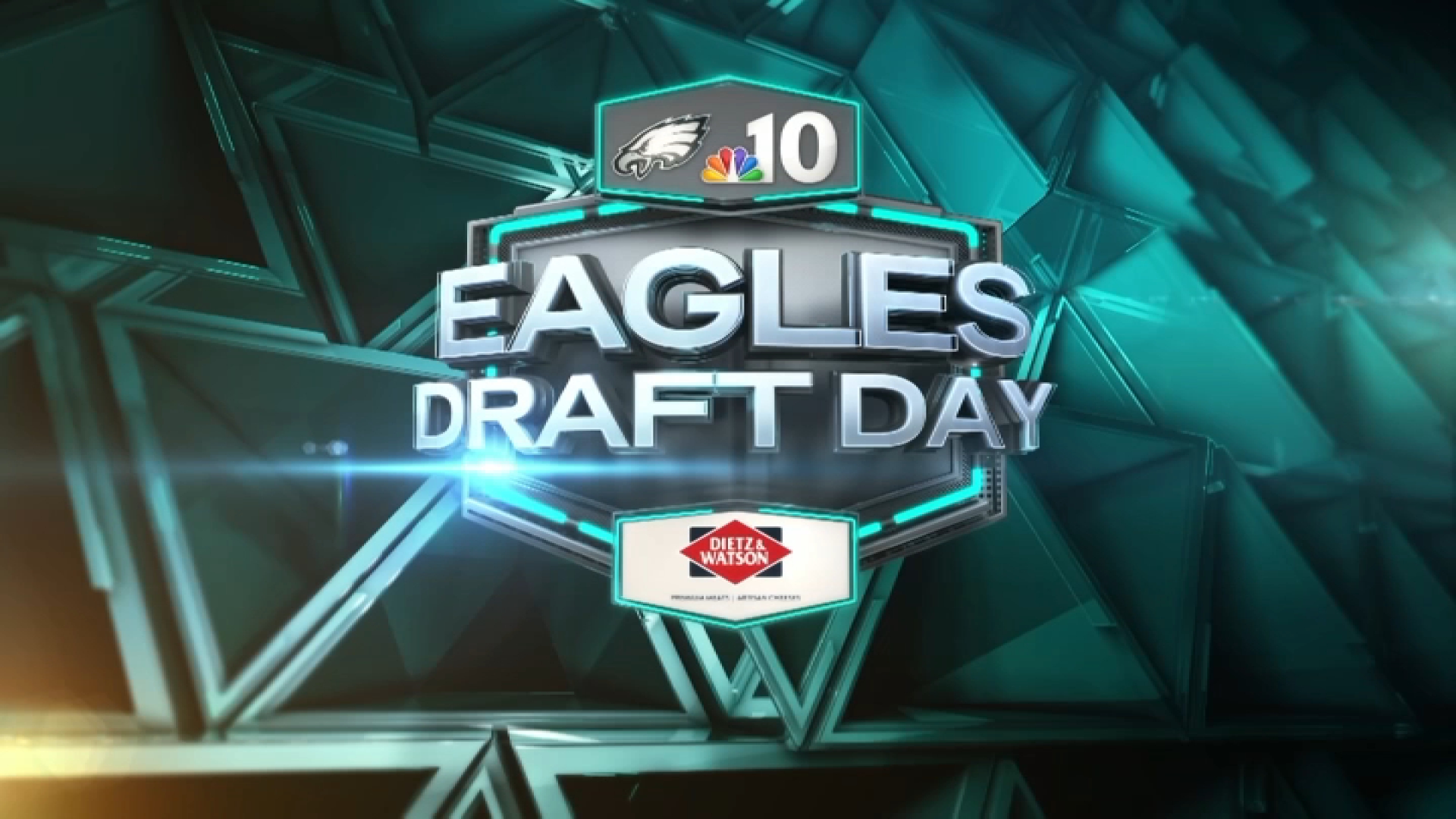Doug Pederson was asked several different ways why he abandoned the run in the second half Sunday, and his answer has been the same.
He didn't run because it wasn't working.
"You're talking about a big, physical, powerful Carolina defense," Pederson said Monday. "Tough team to run the football against, anyway. But yet we came out with 300 plus yards passing, very efficient there, and took advantage of some things in the passing game."
After taking a 17-0 lead on the Panthers Sunday at the Linc, the Eagles ran 14 plays more plays and just one was a run.
Those three drives netted just 22 yards of offense, two first downs and no points and took a total of only 6:51 off the clock.
Most importantly, the Eagles' inability to move the chains in the fourth quarter gave the Panthers the opportunity to put together three straight long TD drives and shock the Eagles, 21-17.
Philadelphia Eagles
Complete coverage of the Philadelphia Eagles and their NFL rivals from NBC Sports Philadelphia.
The NFL of 2018 is a passing league. But with a big lead and the football on your home turf in the fourth quarter? Why not run the ball more?
"Let me ask you to block 700-pound men sometimes," Pederson snapped at a reporter. "It's not because of lack of effort. It's not because of scheme. Listen, they get paid over there, they being the defense, get paid a lot, Carolina, to make plays on us. When it breaks down, it breaks down."
Here's the problem with Pederson's comments.
The notion that the Eagles couldn't run the ball against the Panthers in the second half is wrong.
Flat-out wrong.
The Eagles' running game was actually working in the second half. And Pederson apparently didn't even realize it.
Yes, the running game stalled in the first half. The backs ran 14 times for 24 yards before halftime, a paltry 1.7 yards per carry.
But in the second half? The backs averaged a healthy 4.4 yards per carry.
And Wendell Smallwood, who Pederson was so reluctant to use down the stretch, actually averaged 7.0 yards per carry after halftime, with runs of two, eight, eight and 10 yards.
Incomplete passes stop the clock. Runs keep it rolling. And the Eagles really needed just one more first down Sunday to put the Panthers away.
Yet the first 11 snaps after the Eagles went up 17-0 were pass plays, and the Eagles' lone fourth-quarter running play was huge, an eight-yard Smallwood carry on 2nd-and-10 down to the 14-yard line with a minute left.
If Pederson knew the Eagles were having success running the ball in the fourth quarter, it's a mystery why the Eagles didn't run it more.
If he didn't realize it, then there was some kind of breakdown between Pederson and the Eagles' quality control staff, whose job is to track this info during a game and make sure Pederson has it.
Either way, it's not good.
Nobody is saying Smallwood is a superstar, but the reality is he's a functional back who was picking up positive yards in the second half and is averaging 4.7 yards per carry after halftime this year.
What if the Eagles ran just one more time on each of those fourth-quarter drives?
What if Smallwood got the ball on 3rd and 2 on the 14-yard line?
We'll never know how things would have turned out, but they couldn't have been any worse.
Click here to download the new MyTeams App by NBC Sports! Receive comprehensive coverage of your teams and stream the Flyers, Sixers and Phillies games easily on your device.



